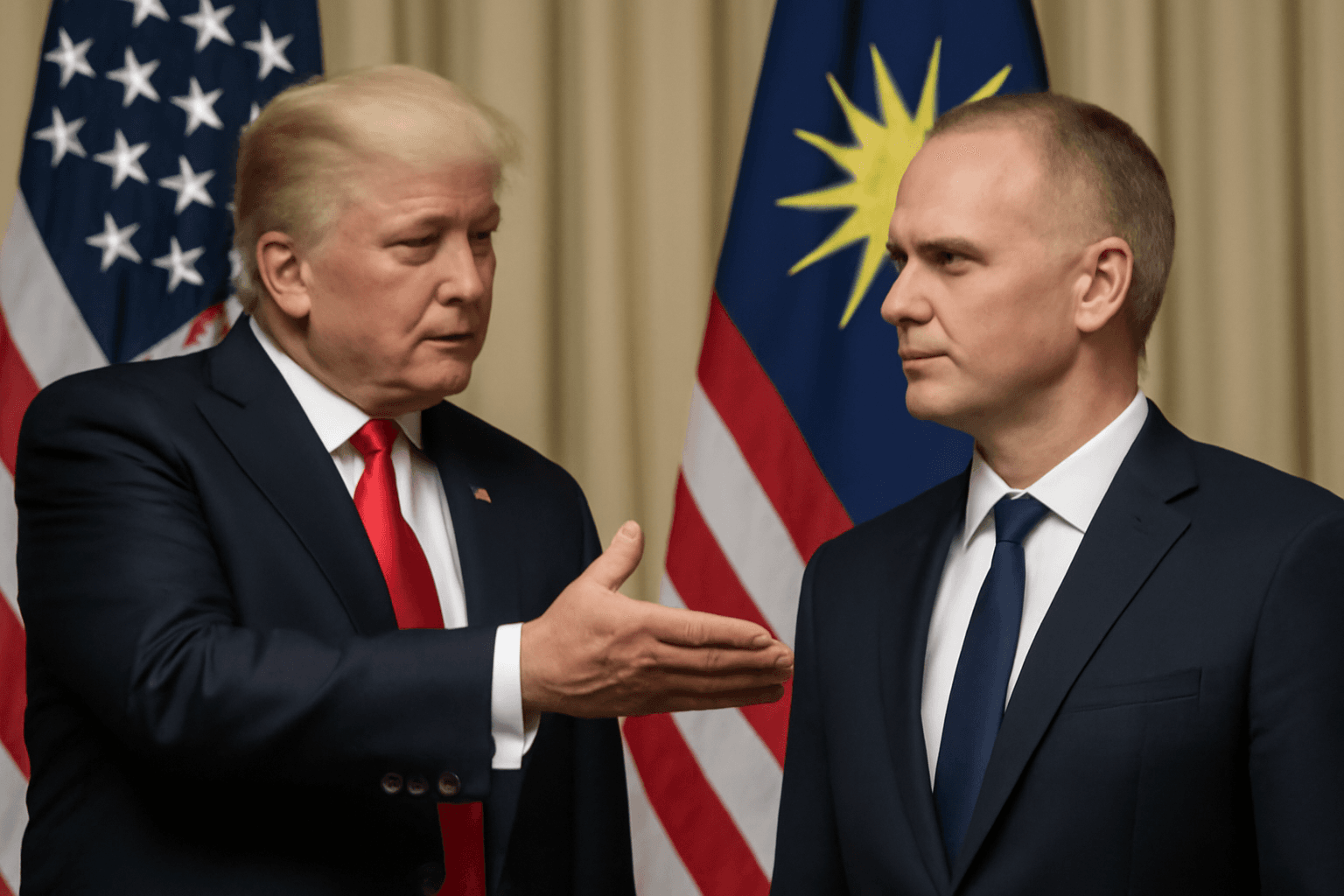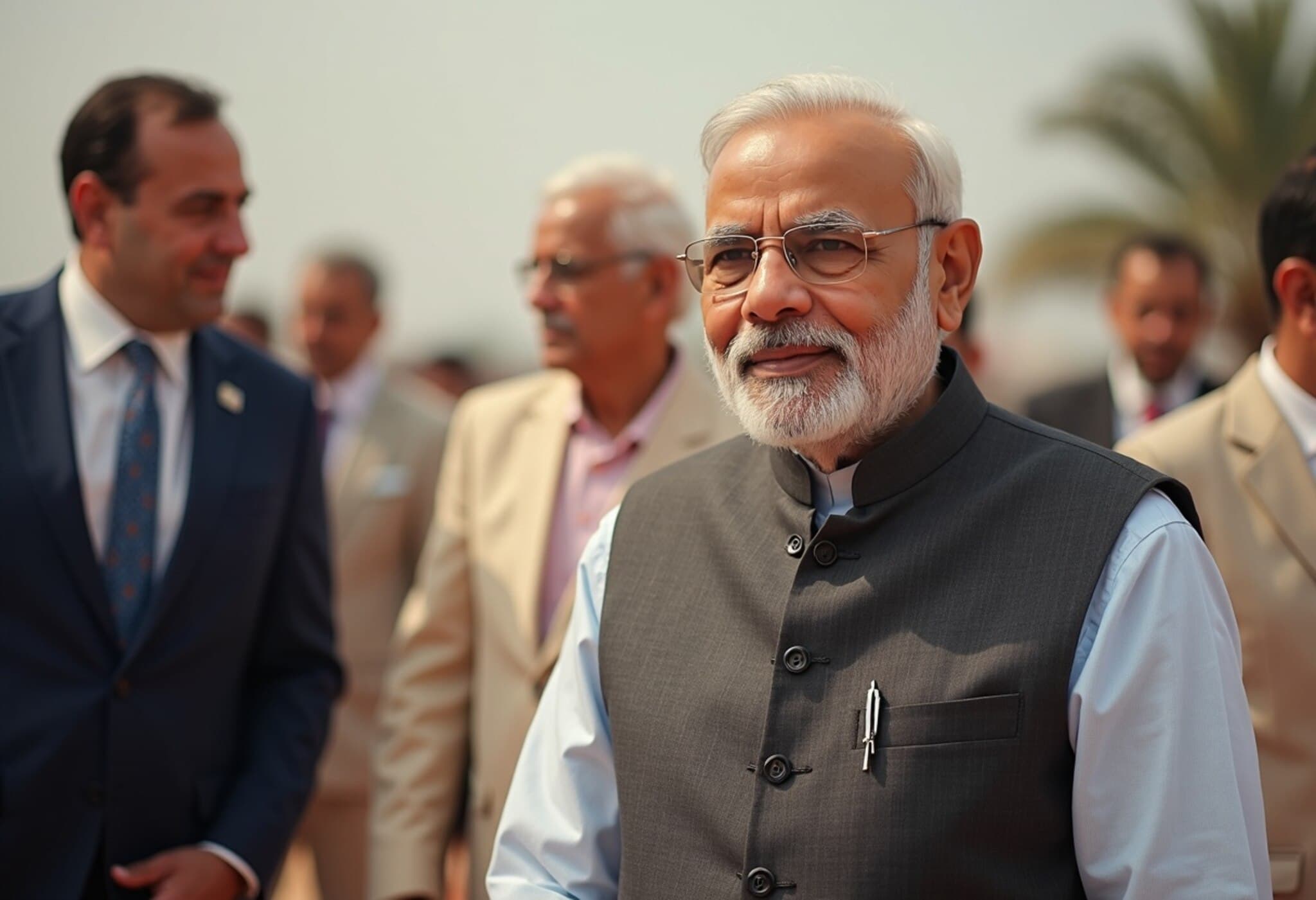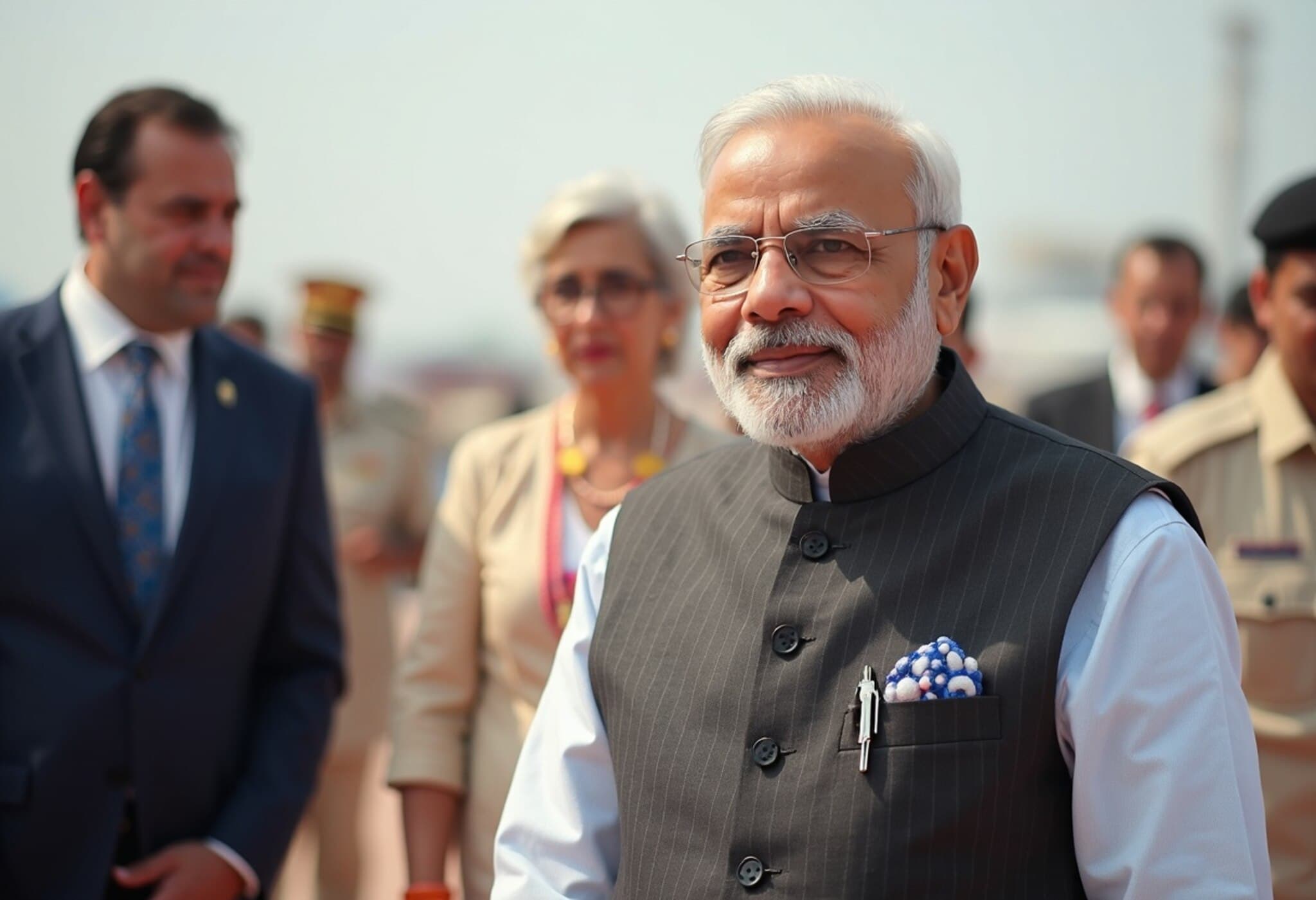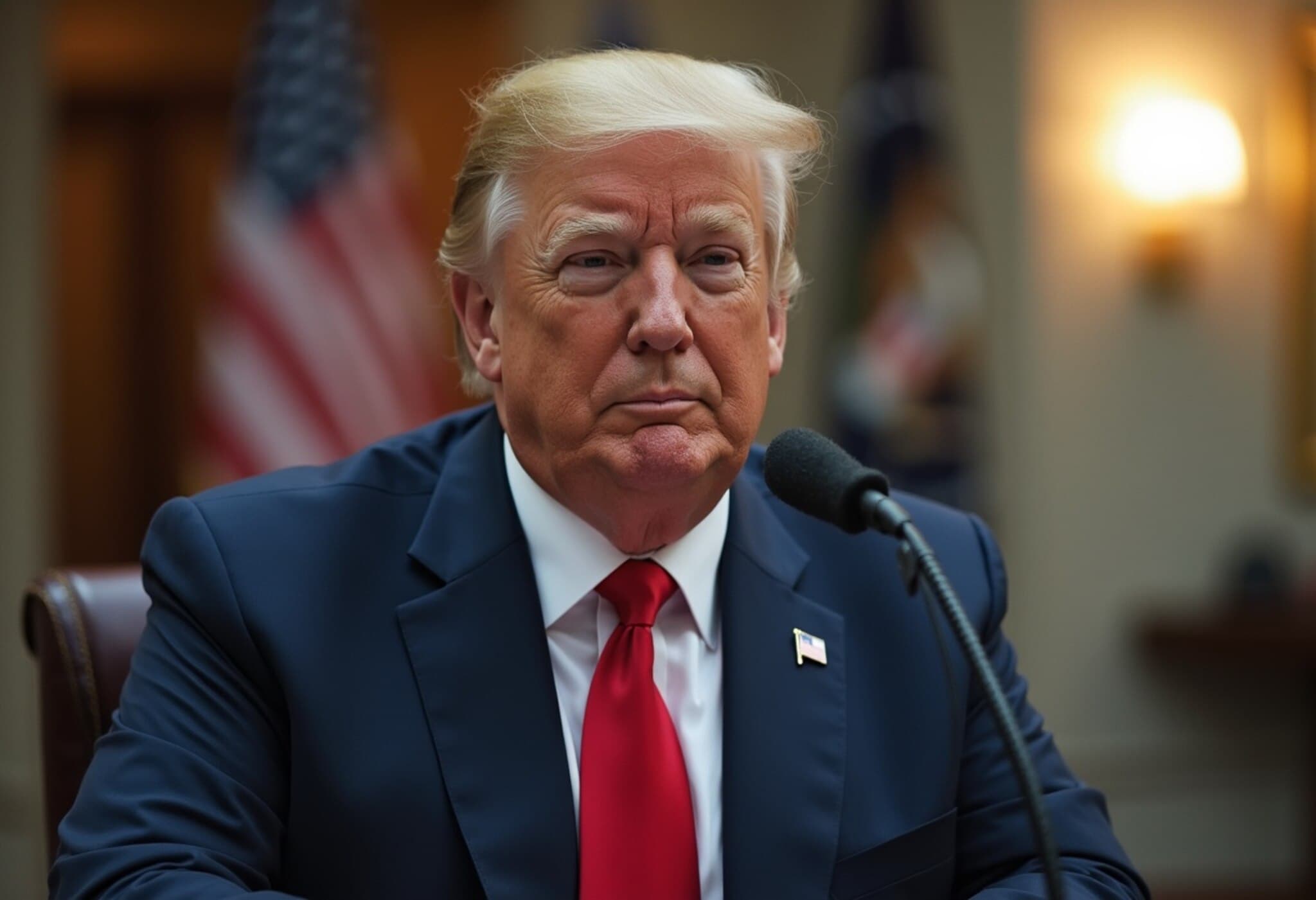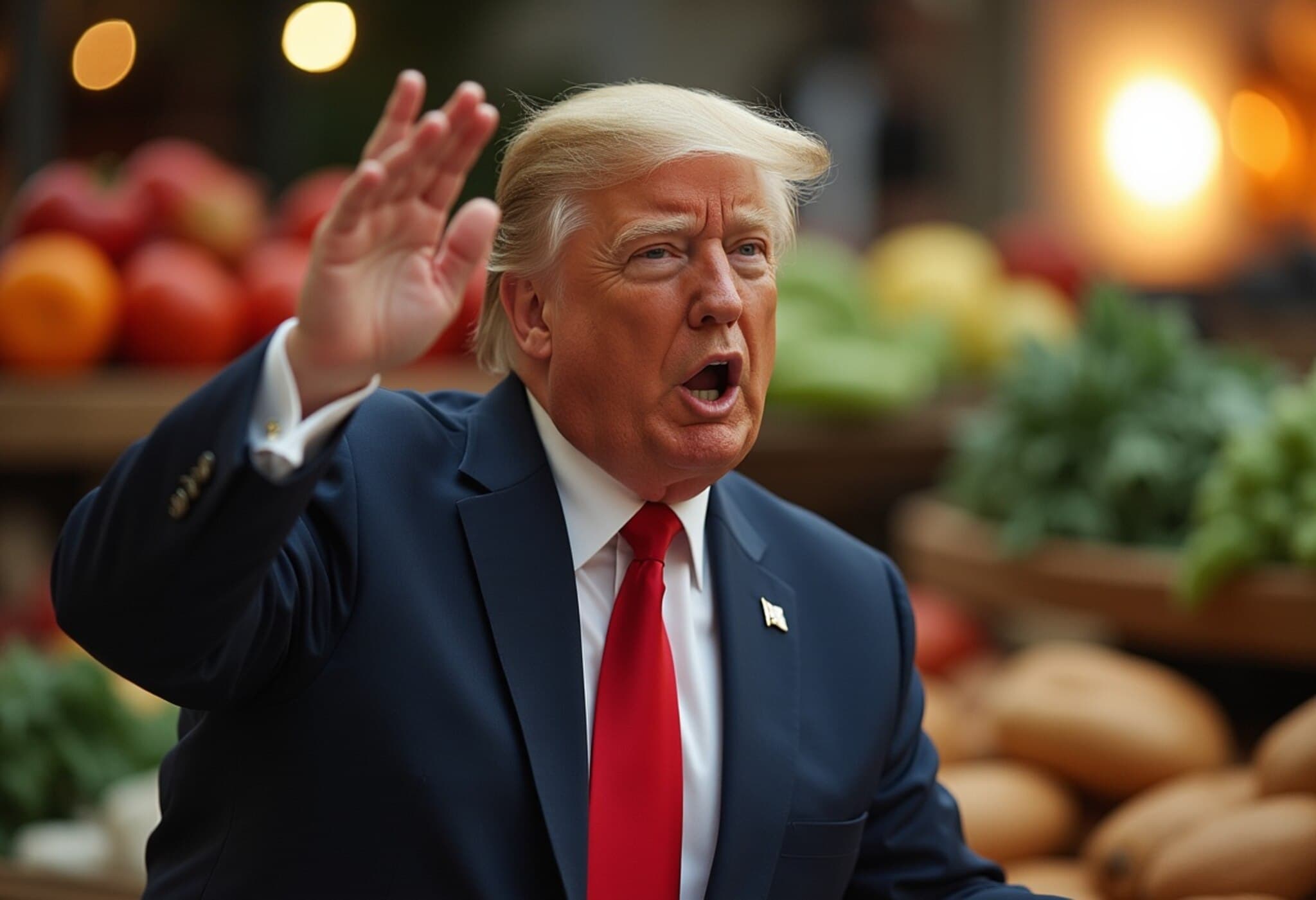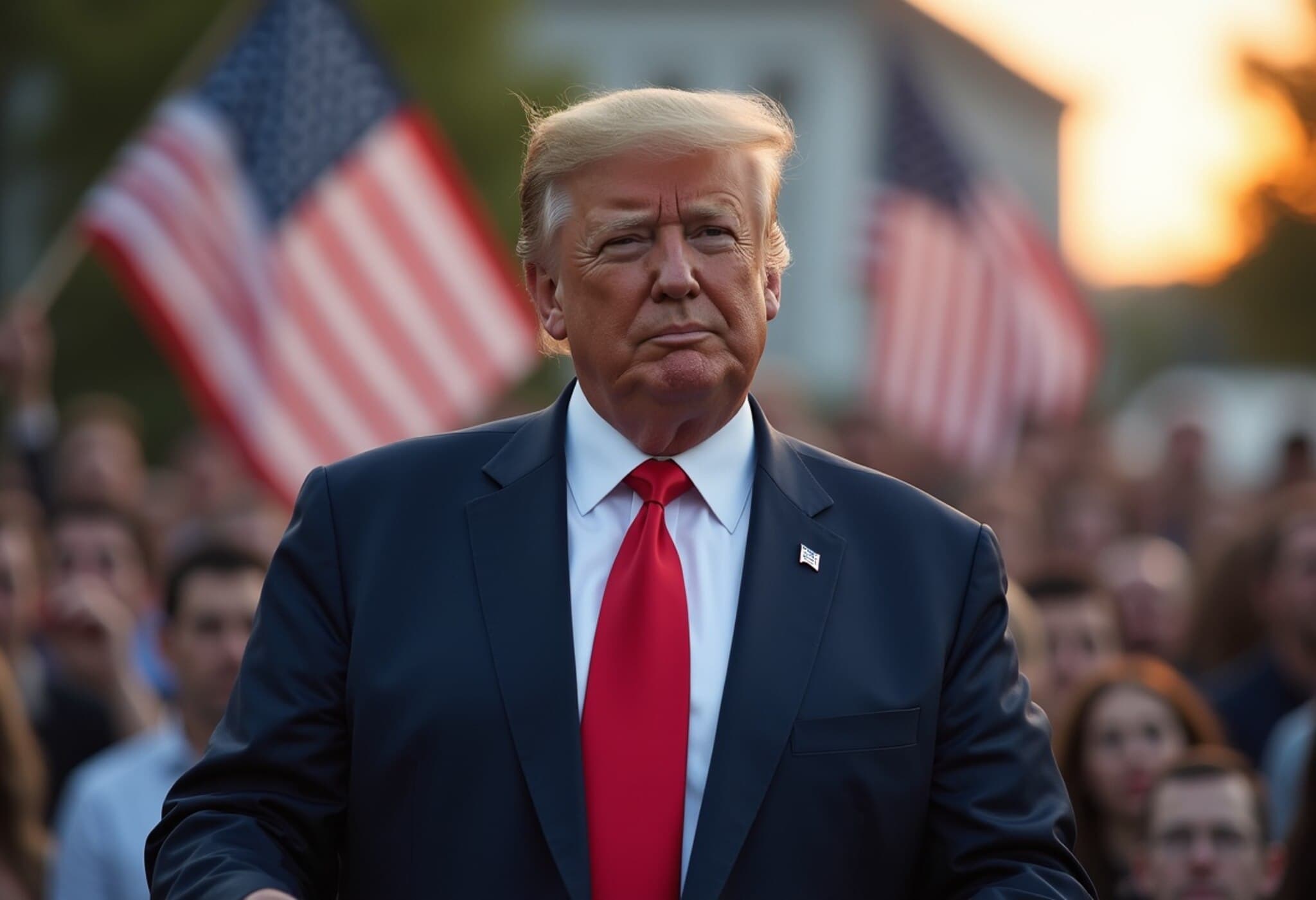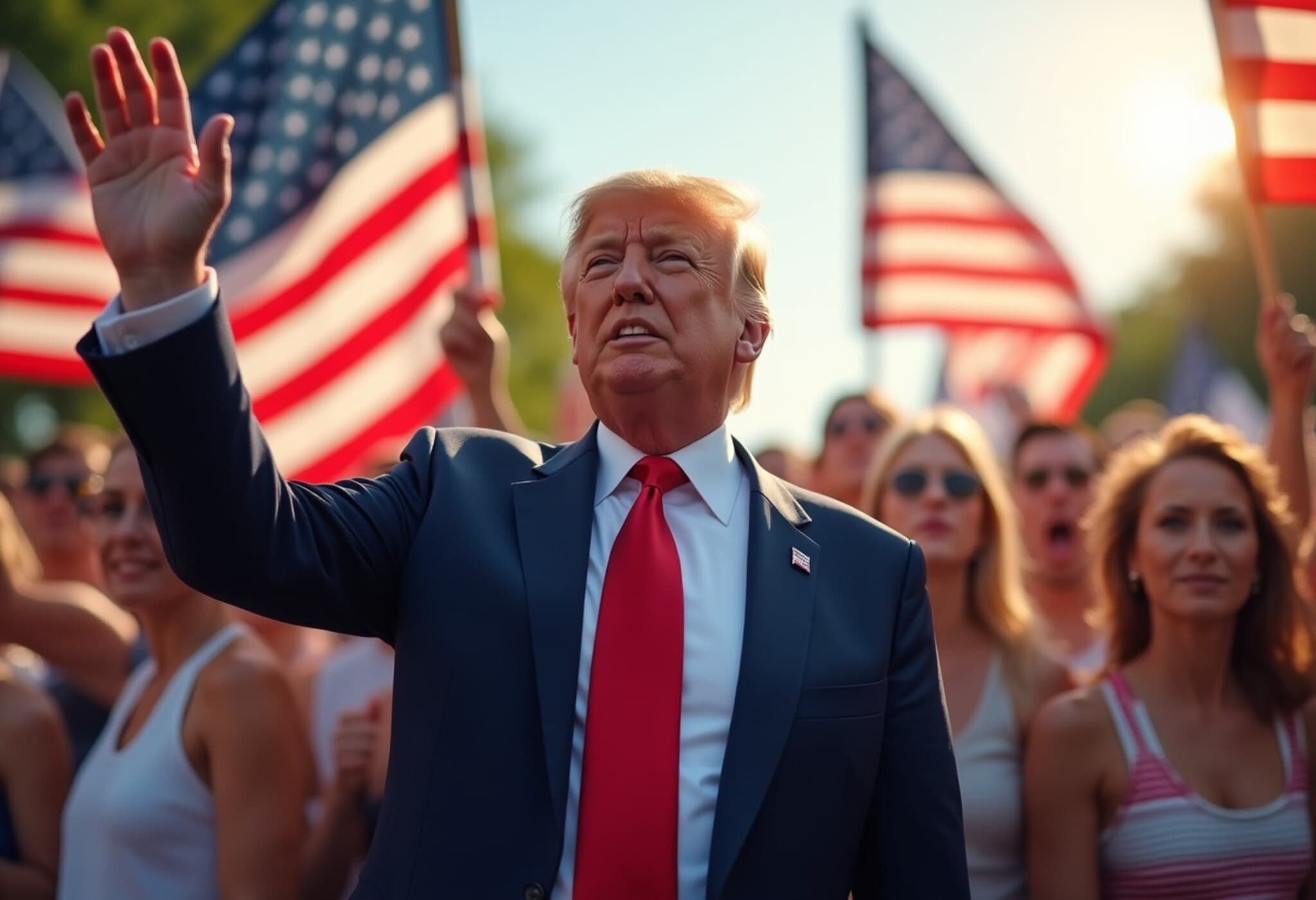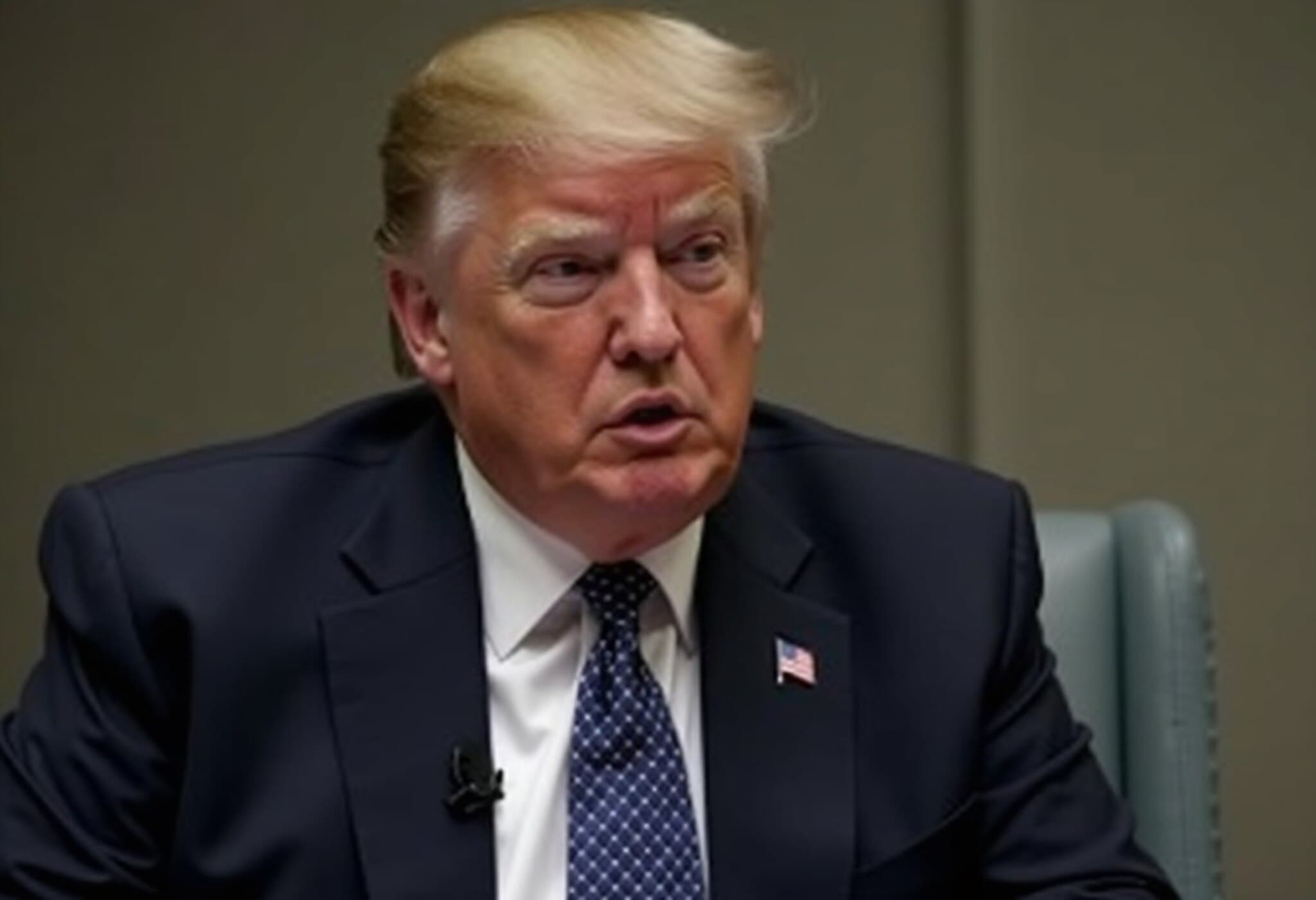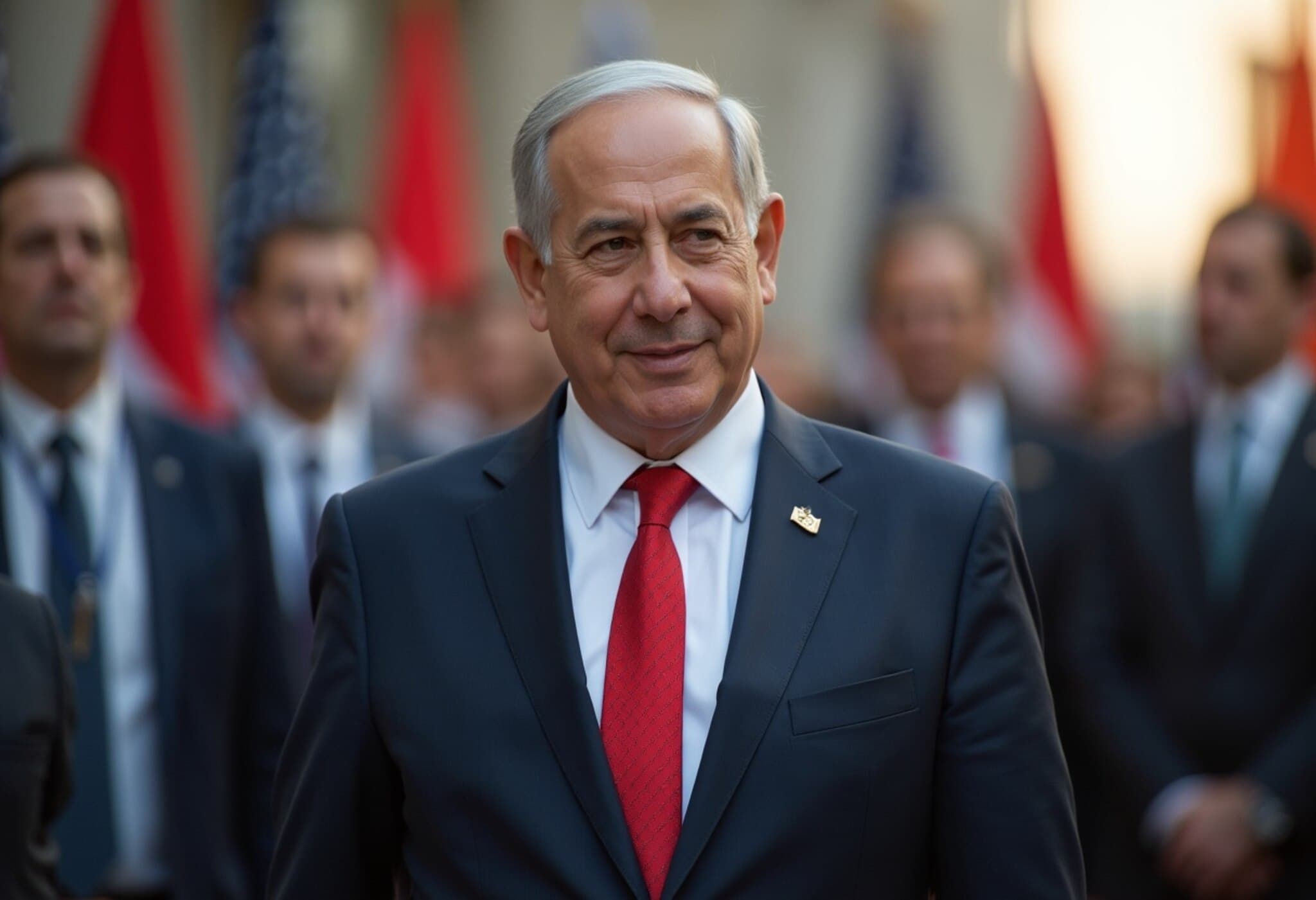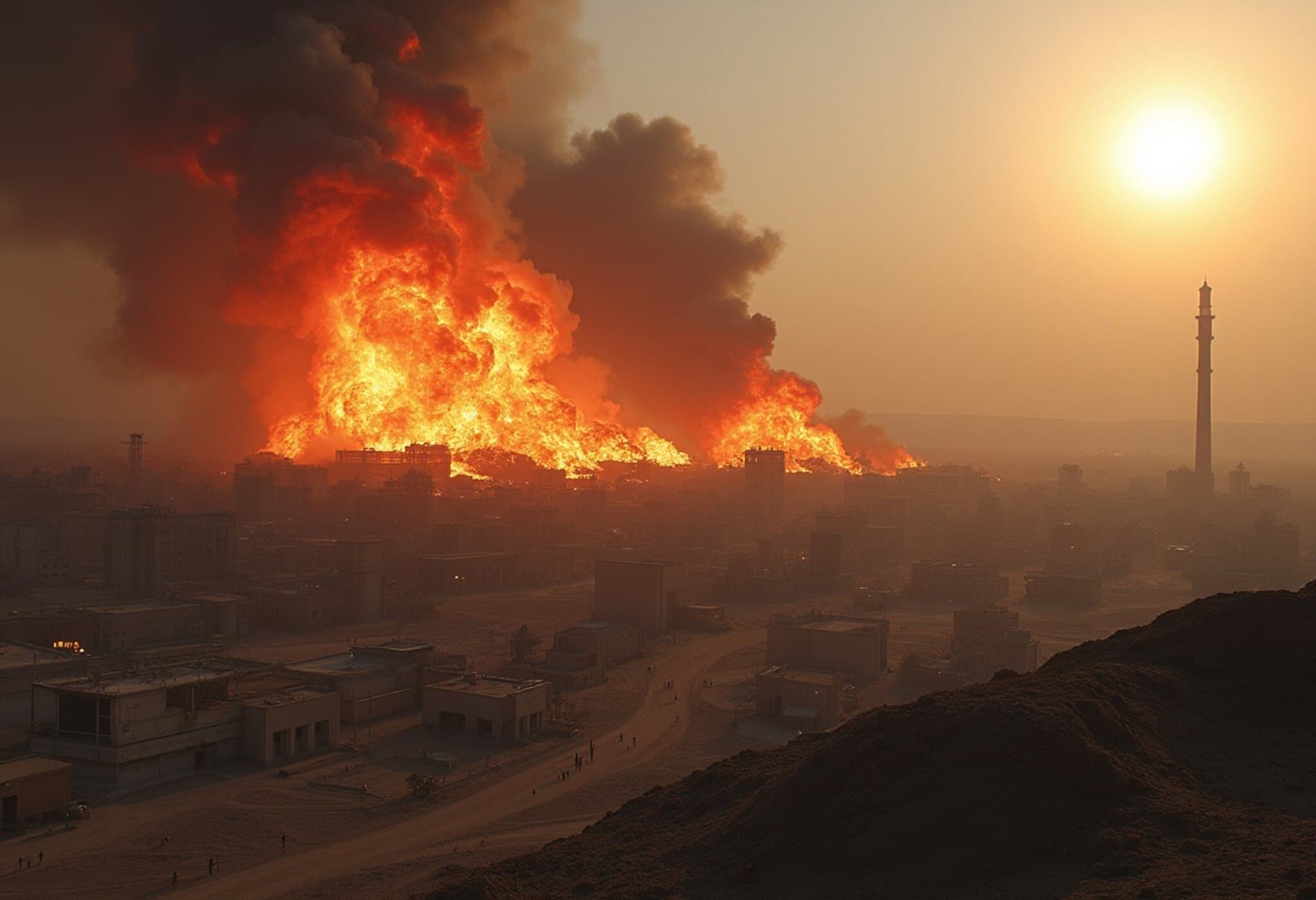Trump Selects Former Sydney Councillor for Key Diplomatic Post in Malaysia
In a move that underscores the often unpredictable nature of diplomatic appointments, former U.S. President Donald Trump has nominated a former Sydney city councillor, known for his assertive leadership style, as the next United States Ambassador to Malaysia. This decision, announced in mid-2025, highlights the increasing trend of non-career politicians being appointed to significant diplomatic roles.
Background: From Sydney Council Chambers to Diplomatic Corridors
The nominee, whose political career originated in Australia's bustling city of Sydney, built a reputation as a decisive and commanding figure during his time as a local councillor. His transition into the sphere of international diplomacy signals a notable shift, raising questions about the qualifications and experience deemed necessary for such positions.
Evaluating the Appointment: Political Patronage or Global Strategy?
Appointments like this one invoke critical discourse about the balance between political loyalty and diplomatic expertise. Critics argue that the rationale behind selecting political allies or high-profile personalities with limited foreign policy experience may risk undermining nuanced international relations. Proponents, however, point to the nominee’s leadership qualities and adaptability as assets in advancing U.S. interests abroad.
Malaysia’s Strategic Significance in U.S. Foreign Policy
The ambassadorial role in Malaysia holds considerable geopolitical importance. Malaysia's strategic position in Southeast Asia, its dynamic economy, and pivotal role in regional security architectures like ASEAN make it a vital partner for the United States. According to policy experts, the ambassador will play a critical role in managing complex issues ranging from trade negotiations to counterterrorism efforts and climate initiatives.
Expert Insight: The American Context of Diplomatic Appointments
From an American policy perspective, appointing individuals outside the traditional diplomatic corps reflects a broader pattern seen in recent administrations — blending career diplomats with political appointees. While this approach can inject fresh perspectives, it also demands that nominees rapidly acquire deep expertise in both bilateral relations and the host country's nuanced social and political landscape.
- Political Experience: The nominee's background in municipal governance illustrates grassroots leadership but presents a learning curve on international diplomacy.
- Diplomatic Challenges: Navigating U.S.-Malaysia relations requires diplomatic finesse, cultural understanding, and strategic vision.
- Public and Congressional Reception: Historically, such appointments undergo rigorous Senate scrutiny, focusing on credentials and readiness.
Unpacking the Underreported Dimensions
What remains less discussed is the domestic Australian reaction and the trans-Pacific impact of this move. The appointment sparks conversations about cross-national political identities and how personal histories intertwine with global diplomatic roles. Moreover, it raises questions about the evolving nature of U.S. soft power and the blending of domestic political narratives with international diplomacy.
Looking Ahead: What This Means for U.S.-Malaysia Relations
As the nominee prepares to assume office pending confirmation, all eyes are on how this appointment will shape future engagements. Will the new ambassador leverage his unique background to foster innovative ties, or will his unconventional path pose challenges in fostering trust and influence? The coming months will be telling, as Malaysia and the U.S. navigate a complex web of economic, security, and environmental priorities.
Editor’s Note
This appointment exemplifies the growing intersection of domestic politics and international diplomacy, highlighting critical questions about credentialing and preparation for complex ambassadorial roles. Readers are encouraged to consider how leadership styles from local government may translate—or clash—with the demands of global diplomacy, particularly in pivotal regions like Southeast Asia. What does this signal about the evolving nature of U.S. diplomatic strategy? The debate is just beginning.

